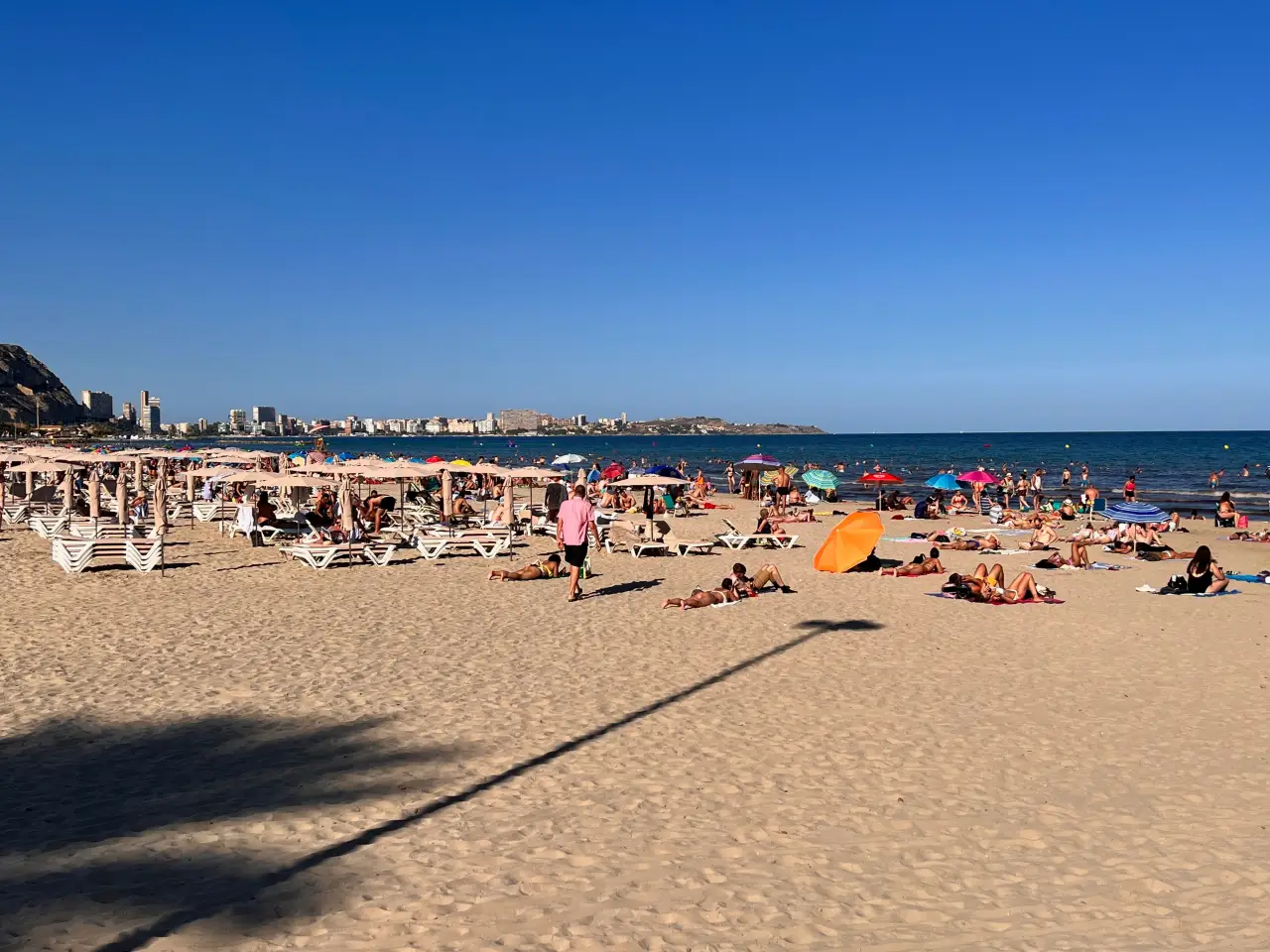In recent years, Spain has become an increasingly attractive destination for digital nomads, offering a unique combination of a vibrant culture, a favorable climate, and now, more accommodating legal frameworks. In 2023, Spain introduced the Digital Nomad Visa (DNV), a program designed to attract remote workers from around the globe. However, as 2024 approaches, potential applicants and current digital nomads in Spain face changes and clarifications in income requirements and tax regulations.
Understanding the Income Requirements for Spain’s DNV
Initially, there was confusion regarding the financial requirements to obtain Spain’s DNV. The key requirement is proving a monthly income of at least 200% of Spain’s minimum interprofessional salary (SMI), which currently stands at €1,080. This figure is based on 14 payments per year, a common practice in Spain, rather than 12. Therefore, applicants must demonstrate a monthly income of €2,520, or €30,240 annually, to qualify for the DNV.
For those applying with a partner, the income requirement increases by an additional 75% of the SMI (currently €945 per month), and for each additional family member, like children, an extra 25% of the SMI (€315 per month) is required. Proof of income can vary depending on whether the applicant is an employee or self-employed, with the latter possibly needing to submit invoices, bank statements, or tax returns.
Looking ahead to 2024, experts predict a rise in the SMI, which would, in turn, increase the income threshold for the DNV. The Ministry of Labour’s proposed four percent increase would raise the minimum wage to €1,123.20 per month, elevating the DNV income requirement to €2,620.80 per month or €31,449.60 annually.
One of the requirements for Spain’s Digital Nomad Visa is Health insurance. See the full list of Spain’s Digital Nomad Visa requirements.
Tax Incentives for Digital Nomads in Spain
The Spanish government recently clarified who among the digital nomads will benefit from the lower tax rates under the Beckham Law’s special tax regime. Non-EU remote workers and some digital nomads who moved to Spain thanks to the Startups Law will benefit from the non-resident income tax rate (IRNR) of 24 percent. This rate applies to earnings up to €600,000 a year, significantly lower than the standard progressive income tax rate (IRPF) in Spain, which can go up to 47 percent.
However, not all digital nomads qualify for the IRNR. The special tax rate is confirmed for remote contract workers and those involved in entrepreneurial, training, research, development, and innovative activities in Spain. Freelancers registered as self-employed (autónomos) on digital nomad visas do not seem to qualify unless they are engaged in innovative activities of financial interest to Spain.
The government’s decision to apply the Beckham Law retroactively to 2023 arrivals is a relief for many who had been waiting for confirmation. However, it’s important to note that this tax regime may not benefit everyone. According to some tax experts say that individuals with annual incomes between €50,000 and €600,000 will benefit the most, while those with lower incomes or with dependents might find it less advantageous.
Challenges and Considerations for Self-Employed Digital Nomads
A significant portion of digital nomads are self-employed, and this group faces particular challenges under the current regulations. The special tax regime under the Beckham Law does not generally apply to self-employed individuals unless they are engaged in specific innovative activities beneficial to Spain. This distinction has left many self-employed digital nomads feeling uncertain and, in some cases, disadvantaged by the lack of clear information regarding their fiscal responsibilities in Spain.
Conclusion: Navigating the Spanish DNV and Tax Landscape
As Spain continues to refine its policies to attract foreign talent, potential and current digital nomads must stay informed about the evolving legal and fiscal landscape. The DNV offers a promising opportunity for remote workers to enjoy Spain’s lifestyle while contributing to its economy. However, understanding the nuances of income requirements and tax benefits is crucial for a successful transition.
Applicants for Spain’s DNV in 2024 must prepare for potential increases in income thresholds and carefully evaluate the tax benefits applicable to their individual circumstances. For self-employed digital nomads, staying abreast of the latest developments and seeking professional advice may be necessary to navigate the complexities of Spain’s tax system.
As Spain solidifies its position as a digital nomad haven, it is vital for remote workers to understand these dynamics to make the most of the opportunities available while complying with local regulations.















